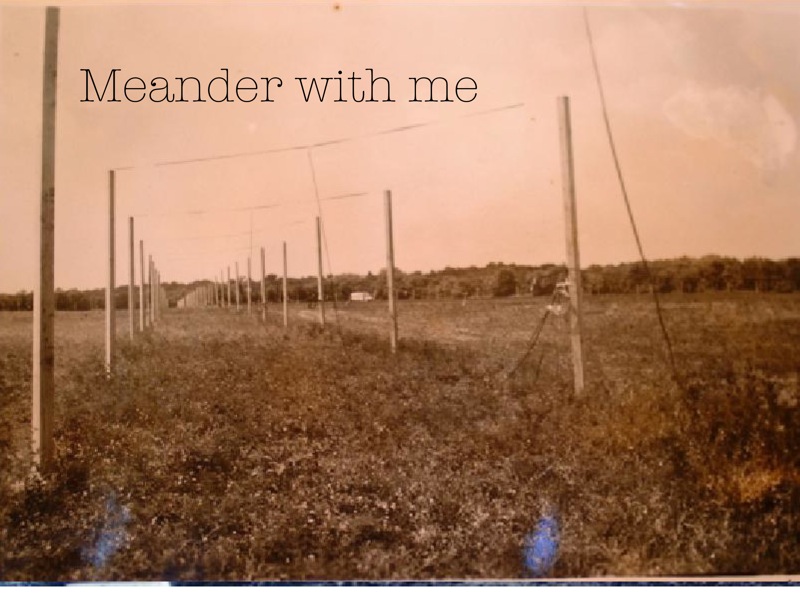
Along with newly found time for crafting, I'm finally getting into the unread books in my humble collection. Those that follow me on Twitter have probably heard me raving about Japanese author Haruki Murakami before. His writing haunts me, and I find myself daydreaming over his words throughout the day. I usually get lost in excessive details, but somehow I enjoy every touch Murakami adds to his prose.
A friend of mine suggested I read Sputnik Sweetheart a couple of years ago, and by the end of that year the novel had become a shared read within our home of four. Some were fonder than others, but no one expressed a lack of interest. I'm currently, and quickly, working my way through Norwegian Wood.
It may be strange to post about a book I have yet to finish, but as much as I am enjoying the writing, I continually have to wonder just how exact the translation can truly be. I can't imagine being able to take on the responsibility for translating a revered work into such a different tongue. Sometimes, knowing that "just the jist" of passages may be getting across bothers me. The question of dilution of meaning has to be an issue. Jay Rubin, a translator of several of Murakami's works, wrote in an email roundtable discussing the translation of Murakami that he believes the discretion of the translator and the fact that a translation cannot ever be perfect is a positive thing. He explains that it forces a continual questioning of the meaning of the text. When a translator believes he or she is a passive medium, he writes, then you're going to get mindless garbage, not literature. I'd like to hear my friend Le Polyglotte's thoughts on this.
Phillip Gabriel, another translator of Murakami's works, had this to say in the same email roundtable:
. . . there are so many possible translations of even one line. So very much depends on the voice you hear in your head as you read a piece of fiction. That's the voice you're trying most to reproduce when translating something like a Murakami piece. People ask me what's the most challenging part about translating Murakami, and I guess that's the answer: finding, and staying true to, the voice you hear as you read the original.
Reading through the emails of these translators, I found myself wanting to post entirely too many passages, so I suggest reading through it fully. You can find the emails by clicking the translations link on Murakami's website, which I posted above. I doubt that I will be able to ignore the constant little questioning of trueness to the original in my mind while finishing Norwegian Wood, but I'm going to try to consider the difference an alternate to literary garbage instead of a bother.
I leave you with one last Murakami plug via another quote from Rubin:
I can still see the colors of the dreams escaping into the atmosphere from the unicorn skulls near the end of the books when I think back to that first reading of Hardboiled Wonderland, and I remember how much I regretted closing the last page and realizing that I couldn't live in Murakami's world anymore.
How can THAT not encourage picking Murakami up?

No comments:
Post a Comment